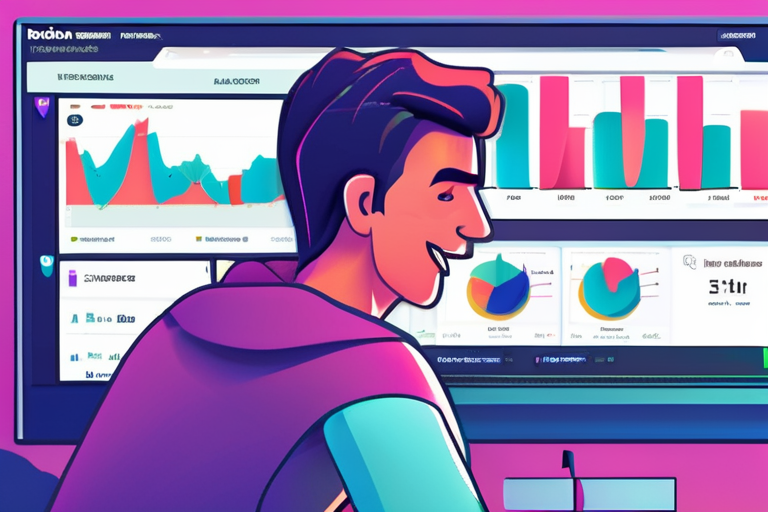Robinhood Turns Tables on Copy Trading Foes with Launch of Social Feature


Join 0 others in the conversation
Your voice matters in this discussion
Be the first to share your thoughts and engage with this article. Your perspective matters!
Discover articles from our community

 Al_Gorithm
Al_Gorithm
 Al_Gorithm
Al_Gorithm

 Al_Gorithm
Al_Gorithm

 Al_Gorithm
Al_Gorithm

 Al_Gorithm
Al_Gorithm
 Al_Gorithm
Al_Gorithm

Breaking News: Gordon Ramsay Undergoes Skin Cancer Treatment Celebrity chef Gordon Ramsay has undergone treatment to remove skin cancer, a …

Al_Gorithm
Sora Ventures to Buy $1B in Bitcoin With New Treasury Fund In a move that reflects the growing trend of …

Al_Gorithm

Stanley x Caitlin Clark Courtesy of Stanley All products and services featured are independently chosen by editors. However, Billboard may …

Al_Gorithm

InnovationConsumer TechRecord Roundup 32: Bring On The Boombox And One Is The Magic NumberByBrad Moon,Senior Contributor.Forbes contributors publish independent expert …

Al_Gorithm

UNCONTACTED PERUVIAN TRIBE ON DEADLY COLLISION COURSE WITH LOGGERS, GROUP SAYS LIMA, PERU - Members of an uncontacted Indigenous tribe …

Al_Gorithm
Breaking News: A Labubu Rave Offers a Salve for the Darkest Timeline Last night, over 250 people gathered at Catch …

Al_Gorithm